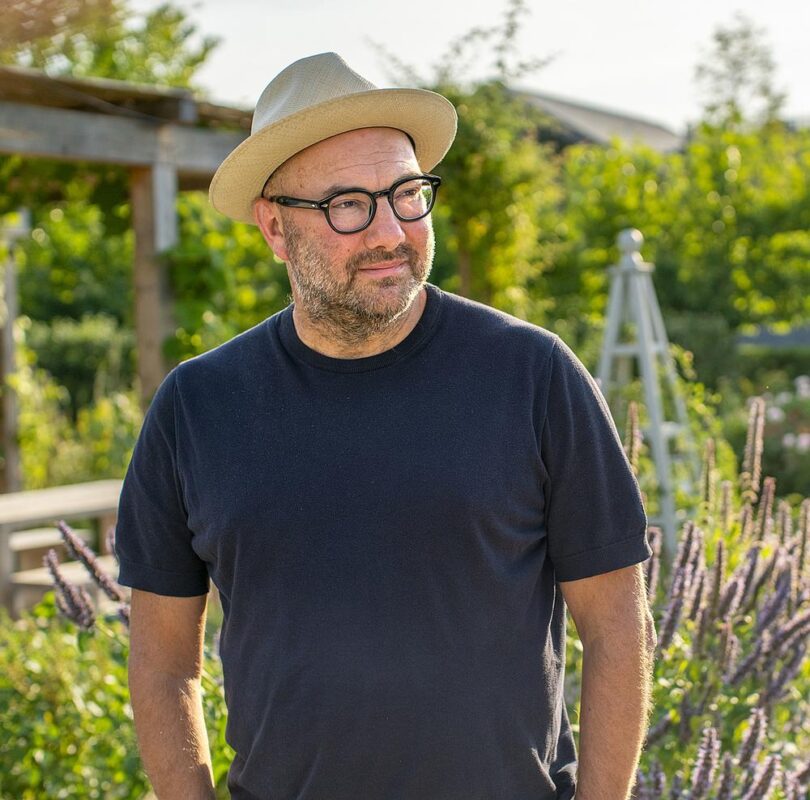Skincare brand Comfort Zone took a major step in 2018 by opening a sustainable factory, complete with a botanical garden, to deepen its commitment to environmentalism and nature. As part of The Davines Group, which became a certified B Corp in 2016, Comfort Zone continues to lead with purpose, operating in over 90 countries. Explore Comfort Zone products HERE.
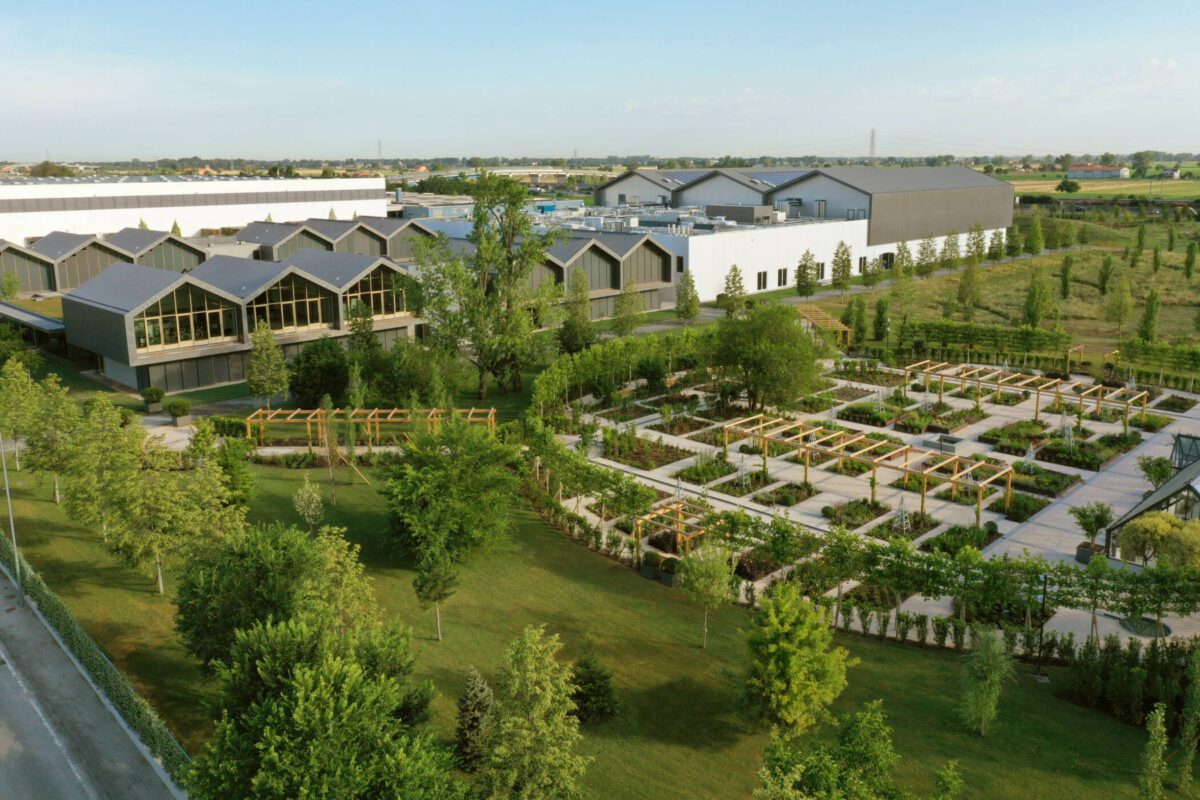
Tell us more about the Davines Village and the Botanical Garden. What’s your vision behind it?
I have a strong belief that nature is more than just a resource; it’s the essence of human life, beauty, and happiness. We need to learn from nature every day—from its incredible diversity and its ability to evolve, adapt, and thrive. This belief inspired the creation of the Davines Village, completed with a Botanical Garden.
What makes the Botanical Garden unique?
The garden is much more than a place of beauty. It functions as an open-air lab, connecting us to ancient traditions while supporting scientific research. I’ve always had a vision of blending science and nature—two core elements of our brands—so that we can offer sustainable, clean beauty. This garden symbolizes that balance, allowing us to innovate responsibly.
Why are plants so important to you?
Plants are a profound source of inspiration and knowledge. They reveal the essence of beauty and teach us the importance of interconnection, which is vital for our planet and society. Unfortunately, modern life has often exploited nature. I believe we must regenerate and integrate it into our lives and work to secure a better future.
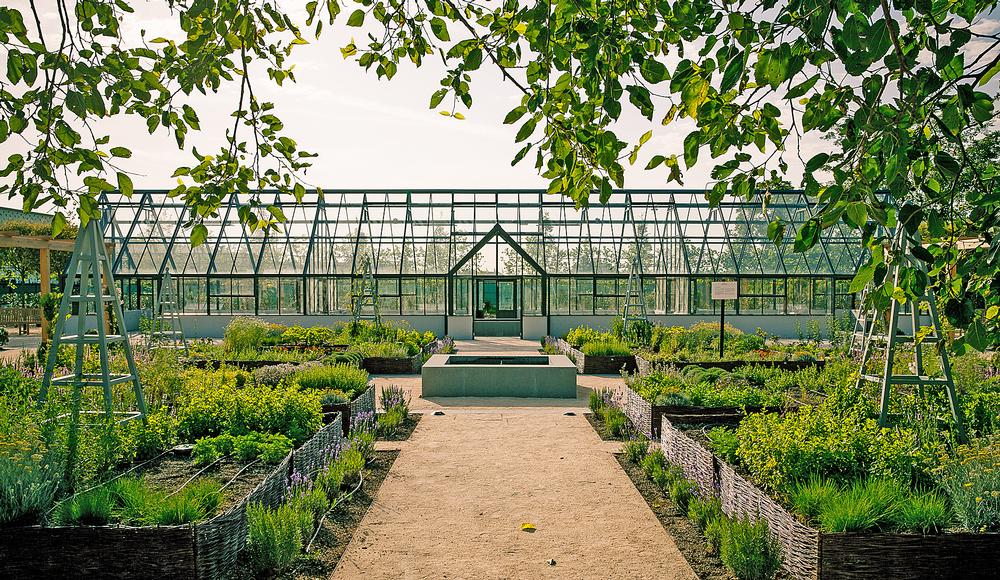
How was the plant selection done? What were the criteria for selection?
Our garden features over 6,000 plants, shrubs, and fruit trees from around the world. The selection was a collaboration between Davines Laboratories and the University of Florence. Together, we focused on plants with properties relevant to developing products for Davines, Comfort Zone, and Skin Regimen. We prioritized species with antioxidant properties, like Cornel tree and Osmanthus, anti-inflammatory plants like hibiscus, and those that enhance micro-circulation, such as yarrow.
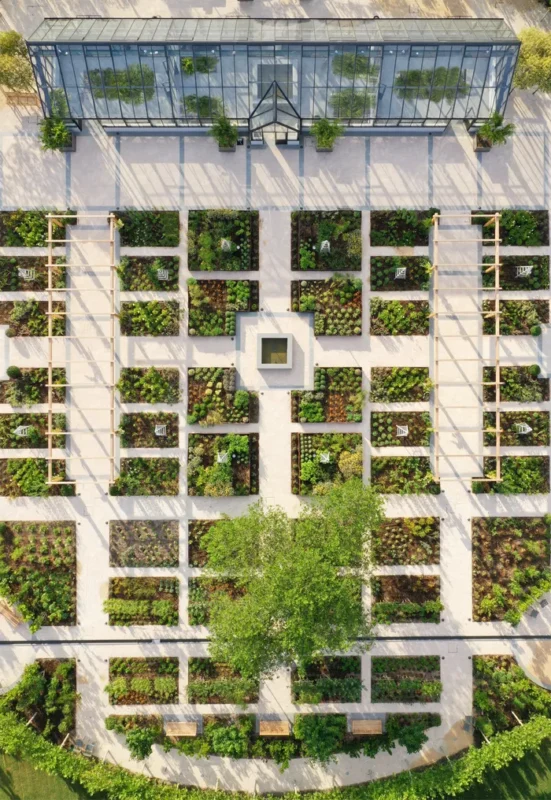
How will you use the garden?
The Botanical Garden and Green Courtyards are not just beautiful spaces; they serve multiple purposes. They are places for our team to study, work, gather, and relax. At the same time, they represent inclusiveness, as they’re open to visitors who want to understand our vision. These areas offer a key opportunity to connect with partners, experts, and guests from around the world.
You’ve set the garden up with power supplies for working. Do you see this as a trend?
In the digital age, we can work from virtually anywhere, but we often lose touch with nature and each other. Working in a garden offers the best of both worlds: it allows us the freedom to work in an inspiring environment and reconnect with nature. Studies show that this kind of setup boosts both productivity and employee satisfaction, making it one of the best investments entrepreneurs can make in their teams.
Will the theme of the garden influence your product development and CSR projects?
Absolutely. We already use ingredients from plants that grow in our Botanical Garden, and this is something we’ll continue to explore. We also welcome visitors from around the world to experience our concept of Sustainable Beauty firsthand. In terms of CSR, one of our key projects is The Green Kilometer—a stretch of highway in Italy where we’ve planted over 400 trees. It’s part of a larger initiative to green one of the busiest highways in the country, and we were the first company to complete our section.
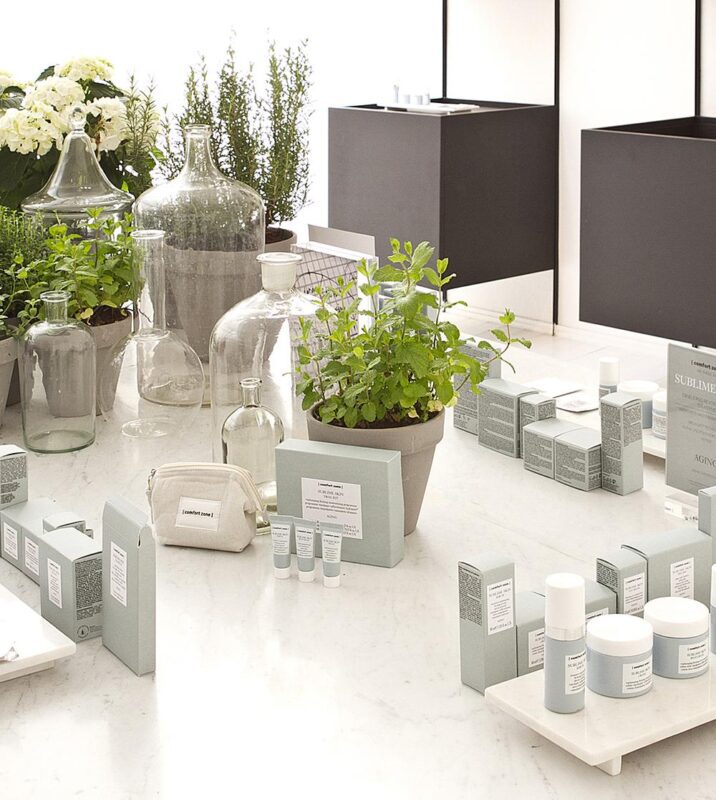
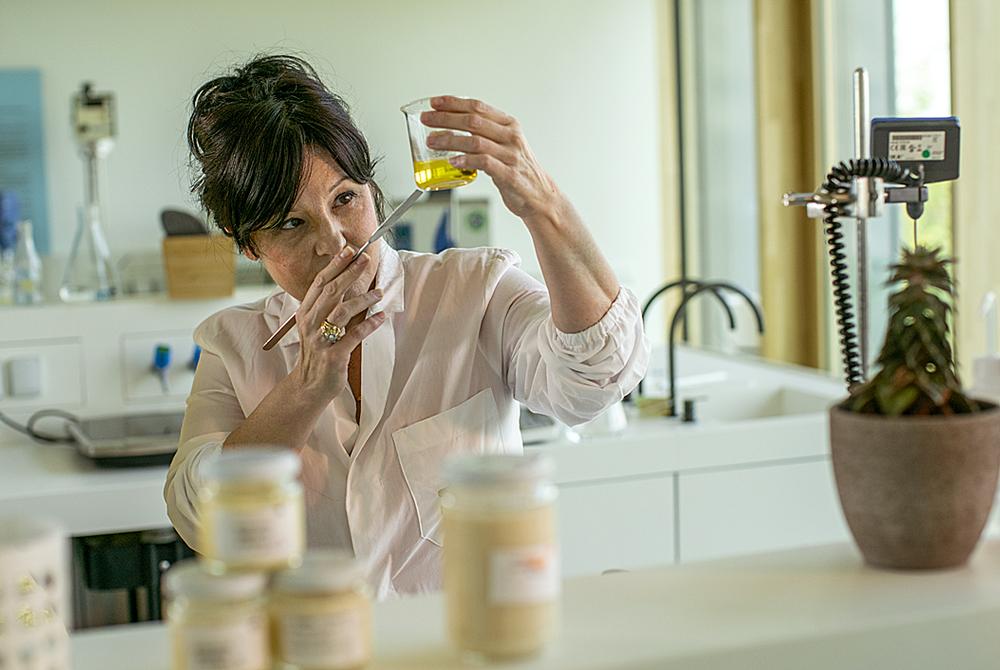
With the Climate Emergency a growing concern, do you think all companies should commit to creating green spaces?
While not every company can create a garden, I do believe every business can take meaningful steps to protect the environment. This could be through reforestation, supporting renewable energy, or ensuring their teams are educated in sustainable practices. Every effort counts, and companies have a responsibility to lead by example in this regard.

